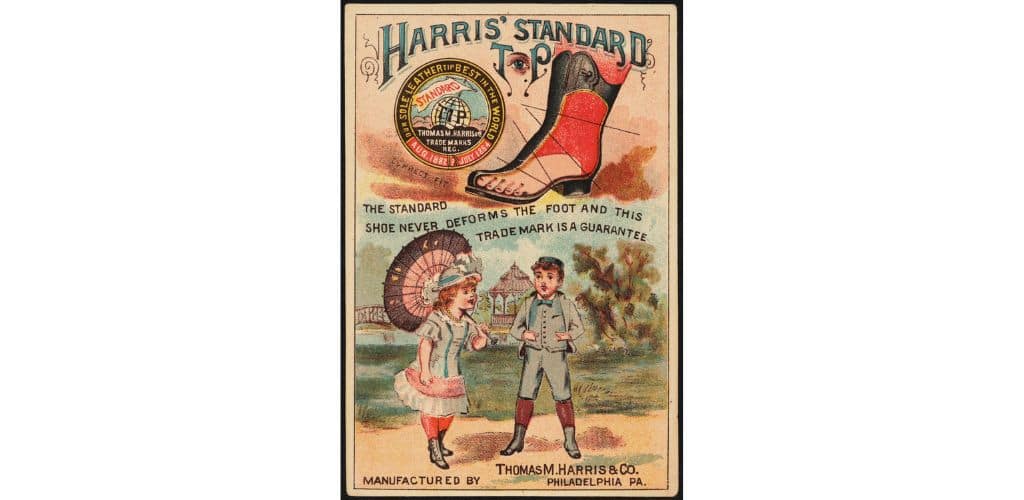On August 30, the United States Patent and Trademark Office (USPTO) issued new examination procedures for reviewing domicile addresses for trademark applicants.
This step is intended to help combat widespread fraud (and attempted fraud) on the USPTO and the US business community.
USPTO rules now require foreign-domiciled trademark registrants and applicants to use a US-licensed attorney.
The reason for this relatively new rule, according to the USPTO, is that
An increasing number of foreign-domiciled trademark applicants, registrants, and parties have been filing inaccurate and possibly fraudulent submissions with the USPTO that do not comply with U.S. trademark law or the USPTO’s rules. Many appear to be doing so on the advice or with the assistance of foreign individuals and entities who are not authorized to represent trademark applicants, registrants, or parties before the USPTO (i.e., they are engaging in the unauthorized practice of law). In order to help ensure that foreign-domiciled applicants, registrants, and parties receive registrations that comply with U.S. legal requirements, we are ensuring that they will have the advice of an attorney licensed to practice law in the U.S.
As the USPTO explains,
A “foreign-domiciled” trademark applicant, registrant, or party is one who does not have a domicile in the United States or its territories. An individual’s domicile is the place the person resides and intends to be the person’s principal home. An entity’s domicile is its principal place of business (headquarters) where the entity’s senior executives or officers ordinarily direct and control the entity’s activities.
As the USPTO notes,
Foreign individuals and companies are trying to scam the United States Patent and Trademark Office (USPTO) by improperly using U.S.-licensed attorneys’ names and bar credentials in trademark submissions or having U.S.-licensed attorneys sponsor USPTO.gov legal support staff accounts for people who are not the attorney’s support staff. Individuals or companies involved in these scams will either:
- Pay U.S. licensed attorneys to use their name and bar registration details in trademark filings. The attorney has minimal if any, participation in the application process.
- Pay U.S.-licensed attorneys to sponsor and verify legal support staff USPTO.gov accounts. The attorney does not employ or supervise the sponsored individual.
- Use U.S.-licensed attorney information without the U.S.-licensed attorney’s knowledge or permission. The attorney hasn’t authorized the use of their information.
The USPTO has uncovered thousands of such invalid applications.
Under the new Examination Procedures,
- Addresses that do not identify an actual street address or that function as a mail-forwarding address are presumptively unacceptable as domicile addresses. Such addresses include post office (P.O.) boxes, “care of” (c/o) addresses, commercial mail receiving agency (CMRA) addresses, registered agent (RA) addresses, private mailboxes (PMB), Army Post Office (APO) addresses, Fleet Post Office (FPO) addresses, Diplomatic Post Office (DPO) addresses, and Highway Contract Route (HCR or HC) addresses. Virtual office and shared workspace addresses (such as WeWork) are also not acceptable.
- A detailed explanation that the applicant or registrant has “no fixed physical address” is no longer considered sufficient to satisfy the requirement for an acceptable domicile address.
- If an applicant or registrant is a foreign citizen or entity with a U.S. street address and is not represented by a qualified U.S. attorney, the examining attorney or post-registration examiner must issue an Office action requiring the applicant or registrant to appoint a qualified U.S. attorney or provide documentation supporting the specified U.S. street address.
Takeaway: Make sure you’re using a genuine, qualified, US trademark attorney when submitting your trademark application to the USPTO. Not only could your application be denied if you’re using an unqualified foreign attorney (or someone who CLAIMS to be an attorney), you could lose your hoped-for trademark to someone else who applies for it properly first.
Just like the haiku above, we like to keep our posts short and sweet. Hopefully, you found this bite-sized information helpful. If you would like more information, please do not hesitate to contact us here.


